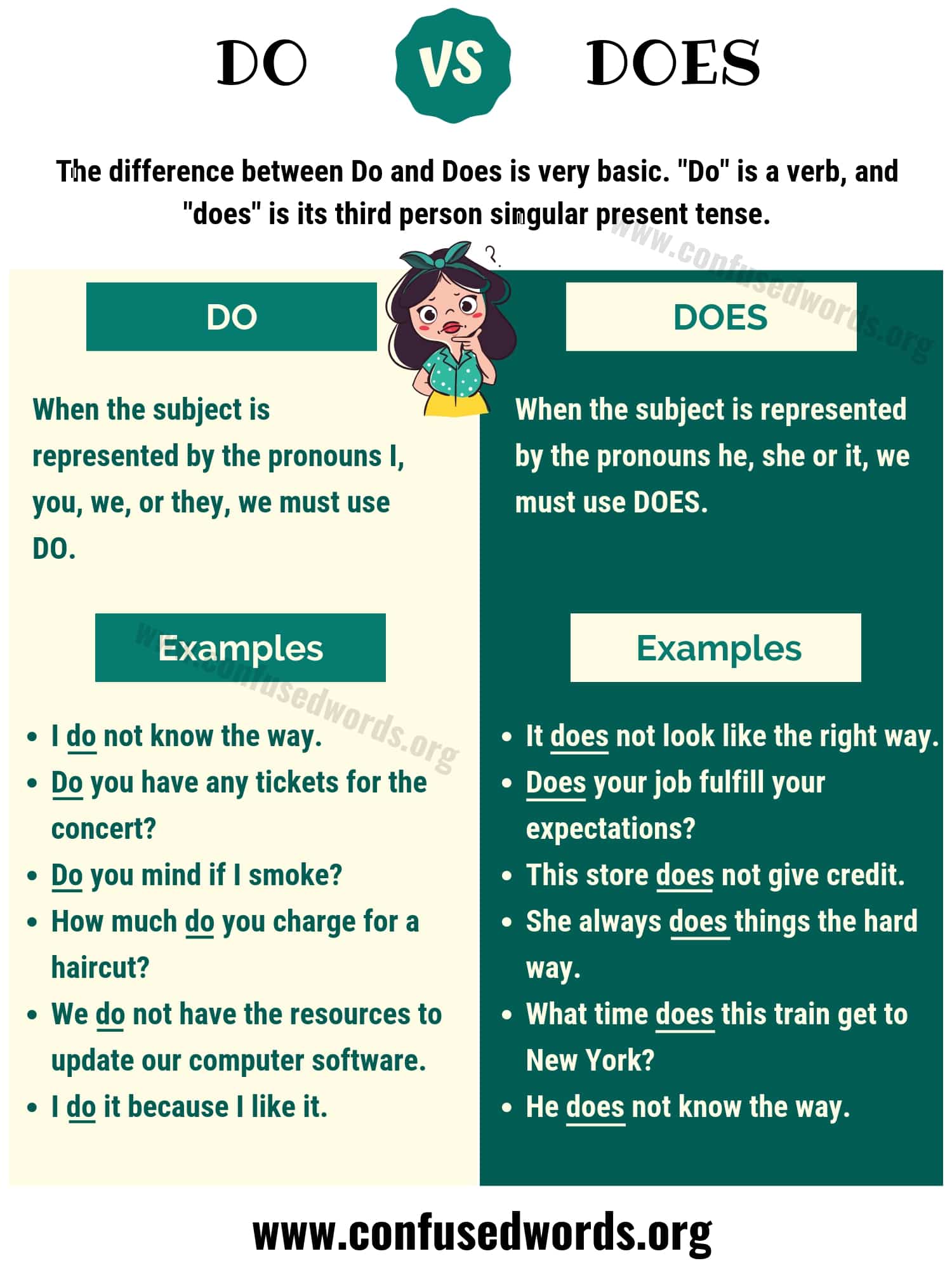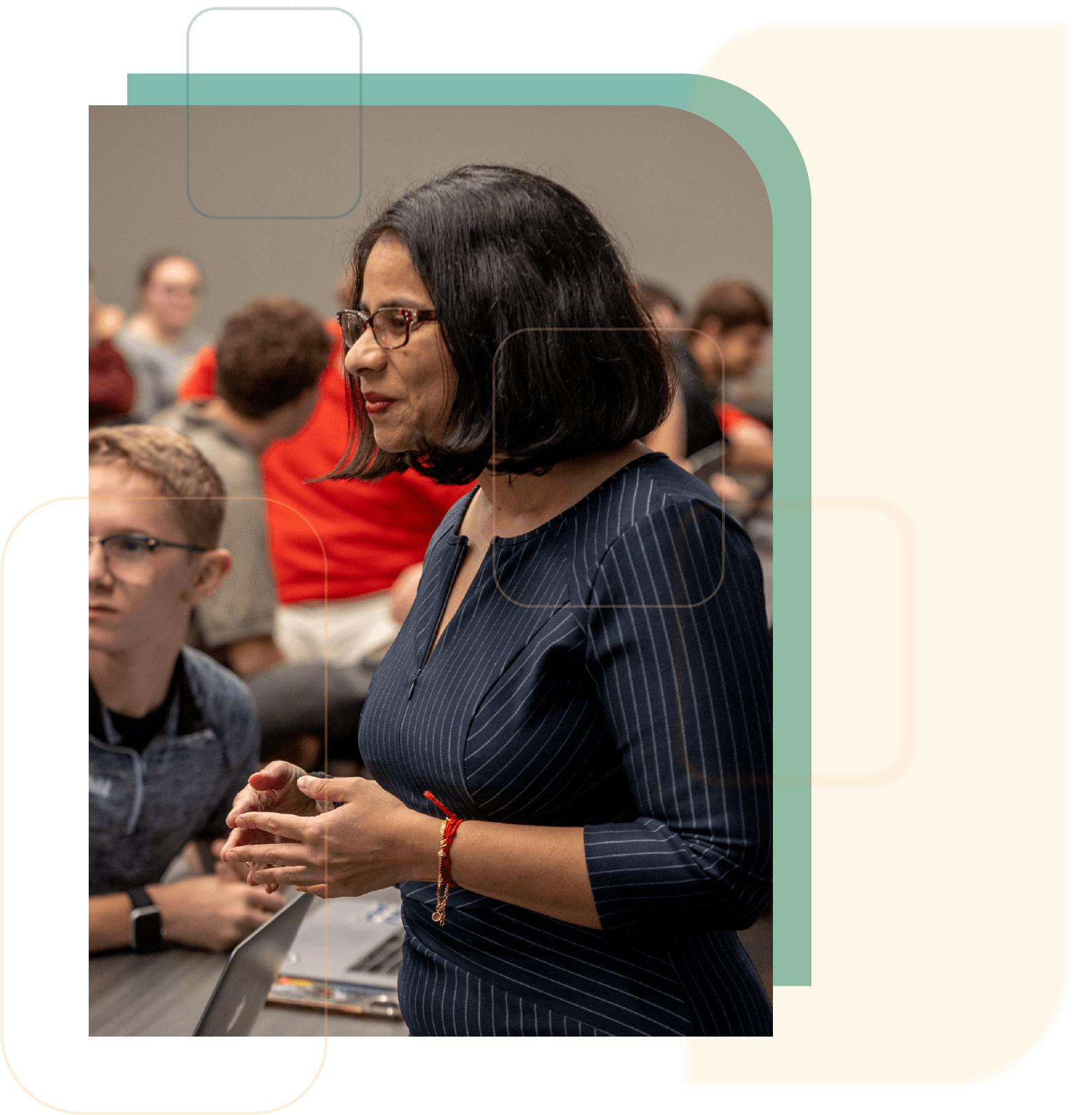How to Maximize Your Postsecondary Education Investment: Strategies for Real Returns
Introduction
Your decision to pursue postsecondary education-whether a degree, certification, or vocational program-represents one of the most significant investments you’ll make. With average U.S. student debt surpassing $37,000 and tuition costs rising, maximizing your return on this investment is critical-not just for your career prospects but also for your financial well-being and personal fulfillment [1] . This guide provides actionable strategies, real-world examples, and step-by-step instructions to help you make the most of your educational journey.
1. Align Your Program Choice with Market Demand
One of the most powerful ways to ensure your education pays off is to select a program that matches both your interests and current labor market needs. Research consistently shows that graduates in high-demand fields-such as healthcare, technology, and engineering-enjoy higher starting salaries and better job prospects than those in oversaturated or declining industries [1] . For example, computer science graduates have been shown to earn 40% more in starting salaries compared to the national average, while nursing degrees often guarantee job placement within months of graduation.
Implementation Steps:
- Research job market trends using resources such as the U.S. Bureau of Labor Statistics.
- Consult with academic advisors or career services to assess the employability of your chosen field.
- Seek informational interviews with professionals working in your area of interest.
Example: Opting for a degree in cybersecurity, a rapidly growing sector, can lead to job offers before graduation, while a degree in a less in-demand field may result in a longer job search and lower starting pay.
2. Leverage Campus and Community Resources
Maximizing your investment isn’t just about what you study-it’s also about how you use the resources available to you. Most colleges and training programs offer extensive support services, including academic advising, tutoring, mentorship, networking events, and career counseling [3] . Engaging with these services can help you overcome academic challenges, build a professional network, and identify internship or job opportunities.
Implementation Steps:
- Visit your institution’s career center early and often.
- Participate in mentorship and peer support programs.
- Attend campus job fairs and networking sessions.
Example: A student who regularly meets with a career advisor and participates in alumni networking events may secure internships leading directly to full-time employment after graduation.
3. Minimize Costs and Manage Student Debt
Smart financial management is essential for maximizing your educational investment. With student debt at record highs, taking steps to minimize costs can improve your long-term financial health. Strategies include applying for scholarships and grants, working part-time, and considering community college for general education requirements before transferring to a four-year institution [1] .
Implementation Steps:
- Search for scholarships and grants through reputable sources such as your institution’s financial aid office or national scholarship databases. If you’re unsure where to start, consult your school’s financial aid counselor for guidance on available opportunities.
- Complete the Free Application for Federal Student Aid (FAFSA) to determine eligibility for federal financial aid. Access the FAFSA at the official U.S. government website by searching for ‘FAFSA’ or visiting studentaid.gov.
- Consider living at home, sharing accommodation, or utilizing work-study programs to offset living expenses.
Example: A student who spends two years at a community college before transferring to a four-year university can save thousands in tuition and fees, substantially reducing overall debt.
4. Build In-Demand Skills and Stackable Credentials
Employers increasingly value specific, demonstrable skills and certifications. Seek opportunities to gain
stackable credentials
-short-term certificates or industry-recognized qualifications that enhance your employability even before graduation
[2]
. Examples include IT certifications, first aid, project management, or language proficiency.
Implementation Steps:
- Explore certificate programs or micro-credentials offered by your institution or reputable online providers.
- Speak with industry professionals or career advisors to identify valuable certifications in your field.
- Attend workshops, webinars, or online courses to supplement your formal education.
Example: A business major who earns a digital marketing certificate can enhance their resume and stand out to potential employers, making them more competitive in the job market.

Source: imdb.com
5. Gain Real-World Experience Early
Practical experience is often the differentiator that leads to employment after graduation. Internships, co-ops, part-time jobs, and volunteer positions allow you to build relevant experience, apply classroom learning, and expand your professional network [3] . These roles are also valuable for clarifying your interests and career goals.
Implementation Steps:
- Seek internships through your institution’s career center, professional associations, or online job boards.
- Consider volunteering with organizations aligned with your field of study.
- Document your experience by building a professional portfolio or LinkedIn profile.
Example: A student who completes a summer internship in a hospital laboratory gains hands-on skills and valuable references, improving their chances of landing a job post-graduation.
6. Develop a Lifelong Learning Mindset
The job market is evolving rapidly, and adaptability is key. Cultivating a mindset of lifelong learning will ensure that your initial educational investment continues to pay dividends as you advance. Stay current by attending workshops, pursuing additional certifications, or enrolling in graduate programs as your field evolves [4] .
Implementation Steps:
- Subscribe to professional journals or online newsletters in your area.
- Participate in professional associations or continuing education programs.
- Monitor job postings to identify emerging skills and requirements.
Example: A marketing graduate who regularly completes online courses in data analytics and digital strategy may quickly adapt to industry changes and qualify for advanced roles.

Source: screenrant.com
7. Use Data and Research to Inform Your Choices
Understanding the return on investment (ROI) of various degrees and credentials is crucial. State and federal agencies, as well as independent organizations, publish data on graduate outcomes and earnings by field [4] . Reviewing this information can help you choose programs with strong employment and salary prospects.
Implementation Steps:
- Review graduate employment rates and salary data for your chosen program or school. This can often be found through the U.S. Department of Education’s College Scorecard or your state’s higher education data system.
- Ask admissions or career services offices for outcome data specific to your field of interest.
- Consider the long-term value of your credential, not just the immediate cost or prestige.
Example: Students comparing engineering programs can use published salary and placement data to select the school that offers the best combination of affordability and strong employment outcomes.
8. Ensure Equity and Access to Opportunities
Equitable access remains a challenge, especially for students from underrepresented or lower-income backgrounds. Many organizations and institutions now offer targeted support, mentoring, and scholarships to address these barriers [5] . Taking advantage of these resources can level the playing field and help you achieve your goals.
Implementation Steps:
- Contact your institution’s diversity, equity, and inclusion office for information on scholarships, mentorship, and academic support programs.
- Explore national organizations dedicated to supporting your demographic or field-for example, the National Society of Black Engineers or Hispanic Scholarship Fund.
- Apply for need-based aid and special programs designed for first-generation college students.
Example: A first-generation college student who joins a peer support group and applies for targeted scholarships may find increased community support and reduced financial barriers, improving their chances of success.
Conclusion
Maximizing your postsecondary education investment is a multifaceted process that requires strategic planning, resourcefulness, and continuous learning. By choosing the right program, leveraging resources, managing costs, developing in-demand skills, gaining real-world experience, using data to guide your decisions, and seeking equitable opportunities, you can transform your educational journey into a powerful driver of career advancement and personal growth. Remember, the effort and research you invest now will pay off for years to come.
References
[1] CoursePivot (2025). What Will You Do To Maximize Your Postsecondary Education Investment?
[2] Invest Forward (2022). Postsecondary Investment Strategies
[3] Number Analytics (2025). Maximizing Postsecondary Education Benefits
[4] Ithaka S+R (2024). Understanding ROI on Postsecondary Education
MORE FROM 9scholarships.de













